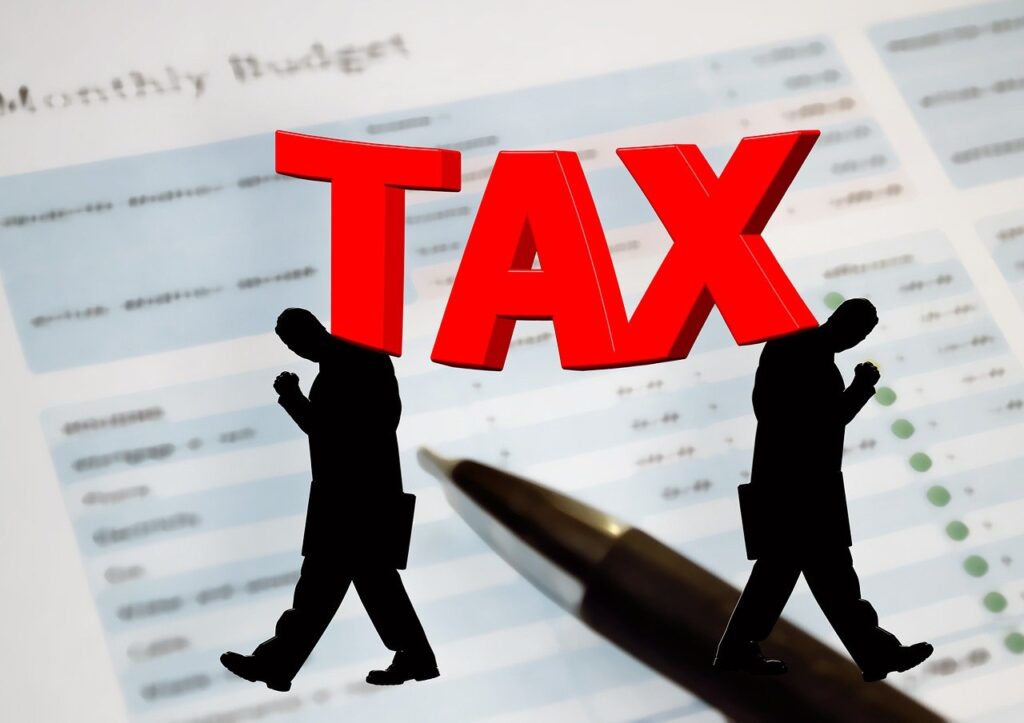You may be wondering what is this social contribution CSG CRDS tax in France that is eroding your profits? From where is coming from? Why is variable? What’s the difference from income tax? Is this tax funding my pension?
We will try to cover all these points in this blog based in our understanding and as simple as we can make it. Let’s start!
Table of Contents
What is the social contribution tax (CGS CRDS) in France?
Also known as ‘prélèvements sociaux’ , or ‘contributions sociales’ , it is a kind of additional income tax in France justified by the government to partially cover the public pension fund, and support low income families.
The naming is quite misleading as this tax is not a social security contribution, as they do not generate an entitlement to social security benefits, although one of the charges (CSG) goes towards funding health care in France.
The social contribution tax is applied on a wide variety of income sources, such as income from investments, rental income and capital gains, so need to be considered separately from social security contributions per se, which are mainly charged to wages and business profits.
Differently to income tax, it is not progressive. It means that the income tax brackets (TMI) are not applicable. It is a fix rate depending on the income type.
The social contribution tax includes multiple ‘mini taxes’ within:
- Contribution Sociale Généralisée (CSG);
- Contribution au Remboursement de la Dette Sociale (CRDS);
- Prélèvement Social (PS);
- Cotisation de solidarité pour l’autonomie (Casa)/Contribution additionnelle;
- Prélèvement de Solidarité.
Yes, you may be thinking why so complex? Why all these taxes are not part of the income tax and that’s it? Well, the French themselves recognize that things in France has to be complex, else is not French 😉
Who should pay social contribution tax in France?
All residents in France should pay social contribution CSG CRDS tax in France.
Almost all the income types are concerned by this tax: Salaries, pensions, replacement revenues, interest, capital gains, dividends, etc.
The only income exception will be interest from special savings accounts like Livret , LEP, Livret Jeune, Livret Développement Durable.
Finally, if you are a retiree from a European Economic Area, and under certain conditions (holding a S1 Heath certification exemption, etc.) you may be exempted to pay social tax from your pension.
Social contribution tax rates
The social contribution tax rate will depend on the nature of the income and your legal status. See next table as per latest law from 2018:
| Type | Salaries | Pensions | Others (capital gains, rentals, investments) |
|---|---|---|---|
| CSG | 9.2% | 8.3%/6.6%/3.8% | 9.2%/0% |
| CRDS | 0.5% | 0.5%/0.5%/0.5% | 0.5%/0% |
| CASA | 0% | 0.3%/0.3%/0% | 0% |
| Prélèvement Solidarité | 0% | 0% | 7.5.% |
| Total | 9.7% | 9.1%/7.4%/4.3% | 17.2%/7.5% |
Why different rates per tax type? As we said it depends on your status. For example: For pensions, it depends if you are married or single, and your total annual income.
If you want to understand more details, you can learn more from the official government site. Data shown above is for illustration purposes, do not assume it is the latest one.
Can I deduct social contribution tax?
Yes, you could partially deduct (only CSG part) from your income tax. You could add up all the social contribution tax paid during n-1 year and apply following deduction rates:
- 6.8% on salaries;
- 5.9% on pensions charged at full rate (8,3%);
- 6.8% on unfurnished rental income, investment and business income;
- 3.8% for other income.
Note: the deduction on investment income (savings, dividends) only operates where the taxpayer has opted to be taxed for income tax purposes using the brackets rate (TMI), rather than the ‘flat tax’ (Prélèvement Forfaitaire Unique – PFU) of 30%.
We recommend to ask for a tax adviser support before making any deduction. Remember this information is for educational purposes only.
Final thoughts
We wanted to provide a high educational level on this ‘complex and controversial tax’ without entering into too many details as we are not tax advisors ;).
The main takeaway of this blog is that social contribution CSG CRDS tax in France comes as a complement of income tax and it depends mainly (not only) on the income type.
For certain income, such as real estate capital gains, the total tax amount to pay could be huge when adding the social contribution tax. For example: You have to apply your bracket TMI rate (30% for a family revenue up to 74k€ a year) + social contribution tax of 17,2% = 47,2% on taxes!!! So do not underestimate taxes in France 😉
We hope that now you have a better understanding of this special tax in France. You can learn more about Income Taxes in France by reading our blog.
If you found this blog useful, please share it with friends and follow us in LinkedIn to receive more content like this. You can leave your comments below or contact us in case of any further question.
Bon chance!
Disclaimer
Please remember that we are not financial/tax advisors. We are just sharing our best understanding based in our own experience. This blog is for educational purposes only. Do not make investment decisions solely based on what you read in this blog. What works for us, may not for you. Do your own research and look for professional service if required. Read our full disclaimer in the ‘about’ page.

